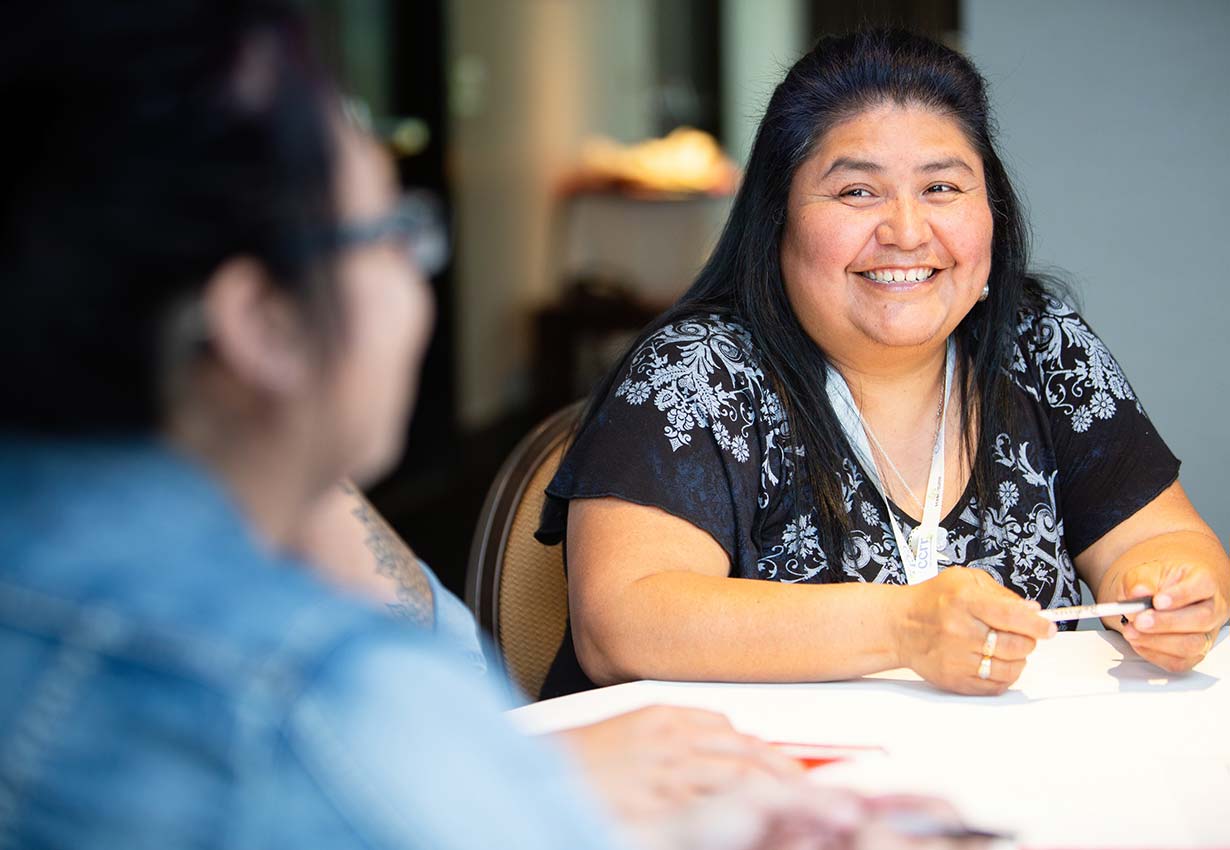Sold Out: Thursday (Day 1) - ECEBC Conference May 23, 2024
Join us from 7:30am to 5:00pm

Thursday Workshop Options:
Click on the titles below for more information on the workshop options for Thursday's morning and afternoon breakout sessions (A & B). Please ensure you select your preferred workshop for each session before adding it to your cart.
Session A (Morning) Session Options:
Presenter: Kate Toye
Please note: This is a 2 part workshop. Delegates must register for both sessions (A1 & B1)
In this we will share our understanding or trauma; our personal views and societal views and we will look at the idea of a spectrum of trauma. We will briefly explore self-compassion and how this approach is a powerful ally and tool for better communication. We will explore playing with somatic (relating to the body) witnessing. We will examine emotions, needs, and feelings. As well as communication styles, cognitive distortions, (all of nothing thinking, mental filtering, mind reading, and more). Through self-compassion and non-judgmental, experimental activities participants will be able to see how information is filtered and perceived and how this can affect communication. Understanding how we and others communicate allows us to see how crucial communication is to supporting collective wisdom.
Knowledge Keepers: Bernadine Mawson & Wayne Seymour
Supporting Talking Circle: Ada Mawson
Come and sit, listen and hear from 2 Coast Salish Knowledge Keepers, from Tsawout First Nation and Snuneymuxw First Nation. This is an opportunity to ask questions, be curious, come with and open heart and mind to learn from each other. This workshop will be guided with participants thoughts and questions. We will also be offering a “cedar brushing” for those that may want to experience a cultural healing with cedar. Come ready to learn, share, ask questions, be curious, our Knowledge Keepers will be sharing their experiences and answering questions that you may have or just come listen and hear and feel.
Presenter: Monica Chan
This workshop is designed to fortify emotional resilience in early childhood educators, recognizing the unique stresses and demands of their profession. It's crafted to empower educators with a toolkit of effective strategies, enabling them to navigate and manage the multifaceted challenges they face daily. From tackling classroom stresses to balancing the emotional demands of working with young children, the workshop offers a comprehensive approach to resilience. Participants will learn techniques to identify stressors, develop adaptive coping mechanisms, and nurture a mindset that fosters stability and well-being. The focus extends beyond immediate stress relief, aiming to cultivate a sustainable practice of self-care and emotional regulation that enriches both their professional and personal lives.
Presenter: Sharon Ness
This workshop is geared toward new and emerging leaders in our field. It will answer the questions: What makes a great leader? What is the difference between a leader and a manager? How do I engage my team in a positive, forward-thinking manner? A leader is many things to many people. Leaders have vision. They look beyond the here and now to see the vast potential of their organizations and the people within them. Leaders recognize the value of employees and their critical importance to achieving the organization's goals. This workshop leads participants through hands-on, reflective and interactive activities to identify and improve their leadership skills.
Presenters: Aryanna Chartrand, Tashia Kootenayoo
There are over 250,000 students enrolled in post-secondary institutions across BC. Many students attend schools where ECE and other early learning programs are being offered. Post-secondary students are an undervalued group of advocates and allies working towards more liveable worlds in various ways. There are many cases where passionate student-led advocacy has resulted in wins through government support, funding, policy recommendations and collective action towards equity and access to education and beyond. Students have access to Boards of Governors, Senates, lobbying opportunities with decision makers municipally, provincially and federally and in some instances, direct lines of communication to administration. They also have multiple networks between institutions and programs. Many PSE student organizations have supported $10aDay and other ECE initiatives, and yet engagement from students can afford so much more towards the expansion of an ECE system, fair wages for educators and other initiatives on creating more liveable worlds.
This workshop will provide an overview of past student successes, on-going advocacy, and opportunities for the future. Based on our professional experiences navigating and leading post-secondary advocacy spaces, we can offer insights into ways to engage students and offer opportunities to collaborate and partner with student leaders. We will consider how can we embolden student-educators and other post-secondary students to get involved in ECE advocacy? How can we build and nurture relationships with students and invite meaningful engagement and participation? How can we invite students to be agents of change in a sector that directly impacts their lives? Post-secondary students have families, are student-educators, and have unique opportunities to connect with decision makers. Student-educators are directly related to the recruitment and retention challenges the sector continues to face.
We will also address the change in voting rights of student members in ECEBC and provide strategies and suggestions to meaningfully engage and activate student participation as it is the basis of a functioning student movement across the country.
Presenter: Ewa Boss
The BC Early Learning Framework advocates collective wisdom in its vision: Living and learning TOGETHER.
In this workshop, we will explore the power of living and learning that promotes relationships through deepening our understanding of the Pedagogy of Listening, Collaborative Dialogue, Critical Reflection, and Pedagogical Narration. We will examine the importance of experiencing disequilibrium, asking critically reflective questions, and sharing and taking perspectives.
Presenter: Maureen Caley-Verdonk
Deepening genuine connections goes beyond the surface level of social interaction. It becomes a cornerstone for personal and relational transformation, fostering a more mindful and intentional approach to how we connect and relate to others. It is through these deep connections that we not only enrich our individual lives but also contribute to a more compassionate and understanding society. In this interactive session, participants will have an opportunity to draw on their own experience of presence and 'presence derailment' to recognize the experience of derailment and how it arises in the mind and body. In this session, you will learn PAUSE (Be Present, Aware, Unconditional, Soften, and Explore) - a straightforward and powerful mindfulness method. Its aim is to assist you in identifying and handling sensations of derailment in your body before the derailment happens so you can easily reconnect with yourself and others! Participants will leave equipped with practical tools, a deeper understanding of mindful presence and its ability to elevate personal well-being and interpersonal outcomes and have a personalized plan for integrating PAUSE into their daily lives. PAUSE is appropriate at all levels.
Session B (Afternoon) Session Options:
Presenter: Kate Toye
Please note: This is a 2 part workshop. Delegates must register for both sessions (A1 & B1)
In this we will share our understanding or trauma; our personal views and societal views and we will look at the idea of a spectrum of trauma. We will briefly explore self-compassion and how this approach is a powerful ally and tool for better communication. We will explore playing with somatic (relating to the body) witnessing. We will examine emotions, needs, and feelings. As well as communication styles, cognitive distortions, (all of nothing thinking, mental filtering, mind reading, and more). Through self-compassion and non-judgmental, experimental activities participants will be able to see how information is filtered and perceived and how this can affect communication. Understanding how we and others communicate allows us to see how crucial communication is to supporting collective wisdom.
Presenter: Joan Gignac
Have you ever wondered what it would be like, and or how to have more Elder involvement in your early years programs? In AHS programs we believe 'that it is essential for children to develop meaningful relationships with Elders, the carriers of knowledge and history'. And we have over 27 years of experience doing this well. Join in on this interactive and engaging sessions to hear and share stories that will inspire you to seek out the Carriers of Knowledge in your communities, growing intergenerational family wellbeing programs together.
Presenter: Angela Ward & Zoe Linford
Through an intra-active and art-based approach, participants will engage in a dialogue of dis-centering self as we relate to the land and more-than-human others. This time will be spent thinking and being alongside material in an enactment of research-creation, in hopes to further challenge our understanding of the role of the educator amidst a time of ecological precarity .
Presenters: Wendy Kenward and Sam Casey
In this interactive workshop you will explore supportive leadership from an Indigenous perspective. You will learn about compassionate and trauma informed leadership practices and reflect on your strengths and gifts as a leader.
Presenter: Iris Berger
This workshop is meant to engage educators in experiencing and discussing early years outdoor pedagogy. The workshop builds from a study that explored how spending an extended amount of time outdoors with young children transformed educators' and children's relations with place. One of the highlights of the study was that the longer time children spent outside the more an abstract and generalized notion of a place dissolved into lively situated and localized processes of naming, storying, and being in relation with specific places and "objects." Through presenting stories from practice alongside theoretical propositions, and going for a walk outside, attendees will be invited to explore the idea that nature is not "something 'out there'" (Deloria, 1999) but is rather a network of intimate relations with the environment in which they live. Implications to early childhood education outdoor, place-based pedagogies will be discussed.
Deloria, V. (1999). Spirit & reason: The vine deloria, jr., reader. Fulcrum Publishing.
Presenters: Laura Doan and Peer Mentoring Program Facilitators
The Peer Mentoring Program for Early Childhood Educators in BC began as a pilot program in the Kamloops area in 2016 and has grown to a province-wide program with over 30 Peer Mentoring Communities of Practice, 44 facilitators and close to 300 educators. The purpose of the program is to support the ongoing professional development needs of beginning and experienced early childhood educators (ECEs). We hope to expand the current infrastructure of support for both new and experienced ECEs and support their retention in the field. Our research reveals that participating in a Peer Mentoring Community of Practice helps to sustain educators, providing a “safe enough” (Balatti, 2023) space in which to share openly, ask questions, learn together, and gain wisdom from the community of practice. In this workshop you will have the opportunity to hear from a Peer Mentoring Facilitator Panel, with each facilitator sharing their experiences. While all Peer Mentoring Communities of Practice are built around the same shared values of mutual respect, belonging, trust, and a valuing of educator wisdom, each Peer Mentoring Community of Practice is unique. We will share stories, reflections, and experiences that highlight the incredible benefits that come when early childhood educators gather with a common aim, for mutual support, learning, and journeying together. Come and be inspired.
Schedule of Events:
7:30am to 5:00pm
- Exhibitor Fair Open
- Registration Desk Open
9:00am to 11:00am:
- Session A Workshops (select one)
11:30am to 12:00pm
- Networking / Visit Exhibitors
12:00pm to 1:00pm
- Lunch Buffet
1:00pm to 2:00pm
- Panel Discussion
2:00pm to 2:30pm
- Networking / Visit Exhibitors
2:30pm to 4:30pm
- Session B Workshops (select one)
ECEBC Members Receive Conference Discount
ECEBC members receive a significant discount on conference pricing.
Not a member yet? Sign up today!
